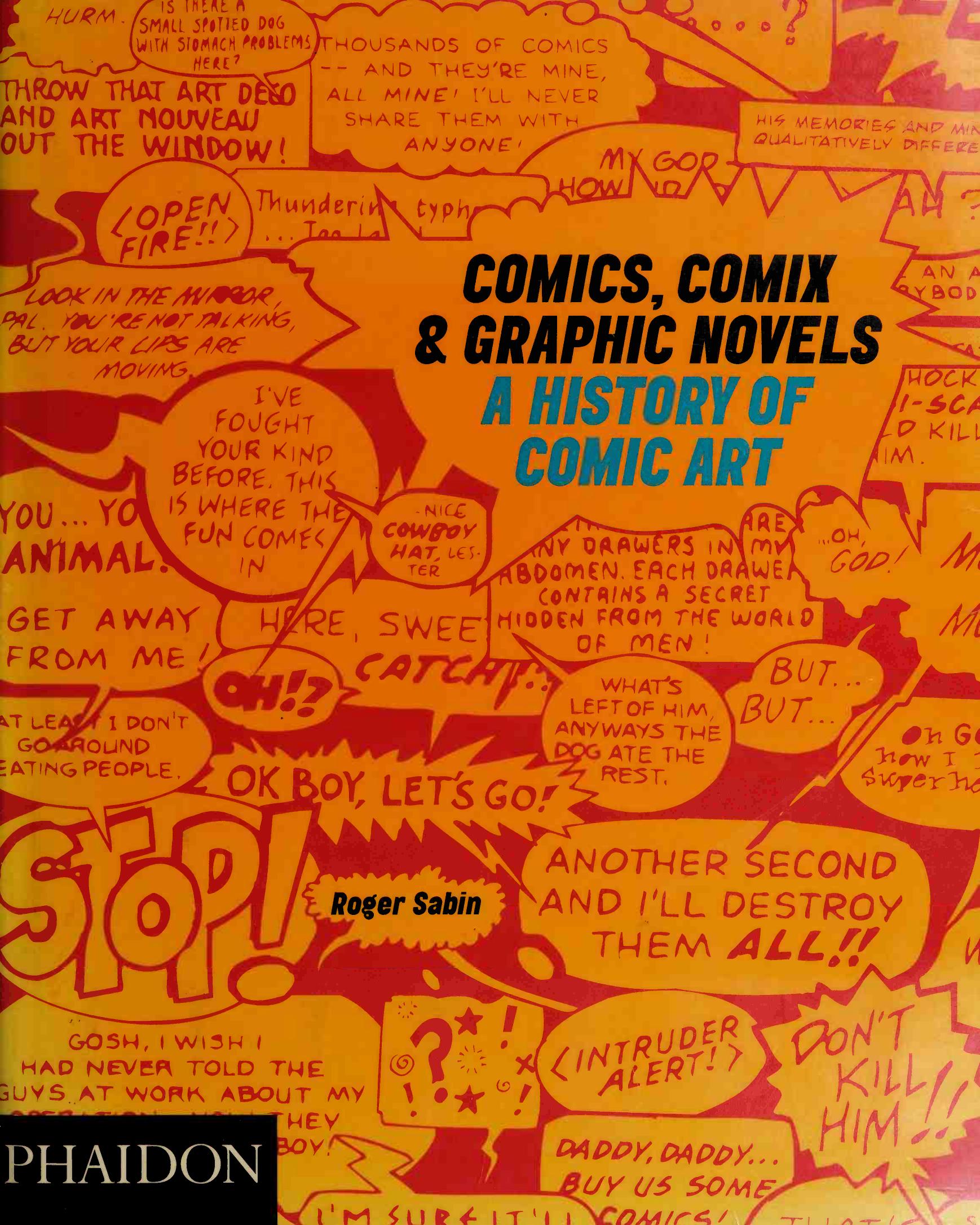
Comics, Comix & Graphic Novels: A History of Comic Art (first published in 1996) PDF
Preview Comics, Comix & Graphic Novels: A History of Comic Art (first published in 1996)
For more than a century the comic book has been one of our most familiar, yet least appreciated, popular art forms. As vehemently criticized as it is passionately defended, it has evolved from humble beginnings into a graphically sophisticated and culturally revealing medium.
At a time when vintage comics are fetching huge prices at auction, this book traces the history of the medium from ‘comic papers’ for kids, through the underground ‘comix' movement of the 1960s and 1970S, to the glossy book-format ‘graphic novels’ of today. Organized thematically, it investigates comic art’s varied genres - including humour, adventure and titles for girls - and charts the rise, fall and revival of the medium. In so doing, Roger Sabin highlights the careers of the creators behind some of the best-known characters in modern fiction - from Superman to Sgt Rock, Tintin to Tank Girl and the Freak Brothers to the Fat Slags. He examines not only those of the first wave - The Beano and Eaak and Marvel Comics, such as Cavtain America
ana me increaime nuiK - out aiso me names wno are currently providing comics with a new lease of life. Familiar material is covered: the manic clowning of Leo Baxendale (The Beano), the bombastic powerplays of Jack Kirby (Tke Incredible Hulk) and the underground scatology of Robert Crumb {Zap).
Less well-lcnown themes and creators are also included, such as: the surreal 1950s retro of Dan Clownes (Eightball), the gothic superheroics ofTodd McFarlane (Spawn), the inspired lunacy of Chris Donald (Viz), the anthropormorphic dramas of Art Spiegelman (Maus) and the break¬ neck cyberpunk of Katsuhiro Otomo (Akira).
Encompassing traditions from the USA, Britain, Europe and Japan, Comics, Comix and Graphic Novels presents the most complete and up-to-date survey of comic art available. Illustrated with over 600 images this book will appeal to comic tans of ^11 jkipds, and will undoubtedly become an es^MipSfeference work for students, graphic designers and media professionals.
